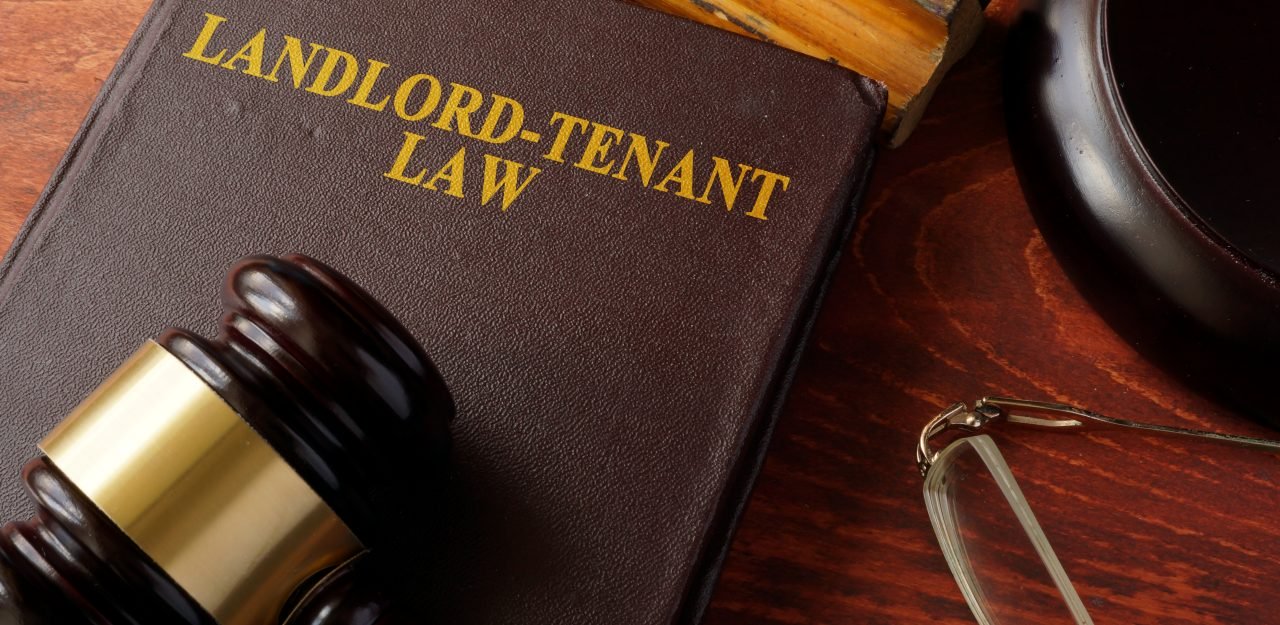Tennessee Tenant Rights Laws
As a party to a residential lease, it's important to understand your legal rights and responsibilities as a tenant. Your obligations include paying rent on time, complying with lease provisions, and providing appropriate notice when terminating a lease. Your rights include living in a safe and habitable environment, and being free from discrimination or retaliation. Landlords also have certain rights and obligations while both parties are bound by the terms of the rental agreement.
Tennessee Tenants Rights Laws: Summary
Tennessee has specific state laws that govern the relationship between landlords and tenants, protecting both parties' interests. As a tenant, it's helpful to be aware of certain laws regarding residential leases. For example, while Tennessee doesn't regulate how much a landlord can charge for a security deposit, a landlord is required to return it or explain why it is being withheld within 30 days of your move-out date.
Also, it's your landlord's responsibility to maintain your unit in a "fit and habitable" condition. If your landlord refuses to make critical repairs after receiving notice of the issue, Tennessee law protects your right to repair and deduct. This means that you can pay for the important repair out of pocket, and deduct the expense from your rent payment.
Tennessee Tenant Rights Laws at a Glance
If you've been evicted or believe your rights as a tenant have been violated, you'll want to get a handle on your legal options. While statutes can be difficult to decipher, the following "plain English" summary of Tennessee tenant rights laws will help get you up to speed.
Statutes
Tennessee Code, Title 66, Chapter 28, Section 101, et seq. (Uniform Residential Landlord and Tenant Act)
Security Deposits
Tennessee law doesn't limit how much a landlord can require as a security deposit.
A landlord must return the security deposit or an itemized list of deductions within 30 days of tenant move-out
Paying Rent
A landlord can charge late fee not exceeding 10% of amount past due after rent is 5 days late.
Living Conditions
When it comes to living conditions, the following rules apply:
- A landlord must make any repairs necessary to keep premises in "fit and habitable" condition.
- A tenant can't unreasonably withhold consent for landlord to enter premises to make repairs.
- A landlord may enter unit without tenant consent only in the event of emergency.
- A landlord can't abuse right of access to harass tenant.
Discrimination
It's illegal for landlords to discriminate on the basis of:
- Race
- Color
- National origin
- Religion
- Sex
- Family status; or
- Disability
Ending or Renewing a Tenancy
If tenant is in material non-compliance with the lease, a landlord can terminate the lease after providing 14 days' notice to tenant.
If a tenant has repeated an act that violates the lease or affects health or safety twice within 6 months, and the landlord provided notice of the first violation, the landlord can provide an unconditional notice to quit within 14 days.
Retaliation
Landlords can't retaliate against tenants for exercising their legal rights.
Contact Us
Telephone: (931) 389-4266
Email: [email protected]
Homes for Rent
We offer a wide range of apartments for rent in Livingston, TN plus condos, and townhomes. We have been serving the Overton County area in property rentals for many years now. We focus on offering exceptional values on rentals in the Livingston, TN area. Our team is ready to serve you and help you find you the place that is right for you
Copyright © 2026 LedbetterRentals.com | Login


We'd love to hear from you
Comment Cancel